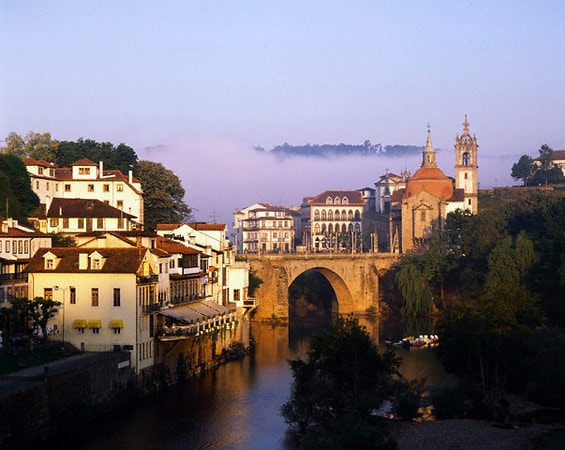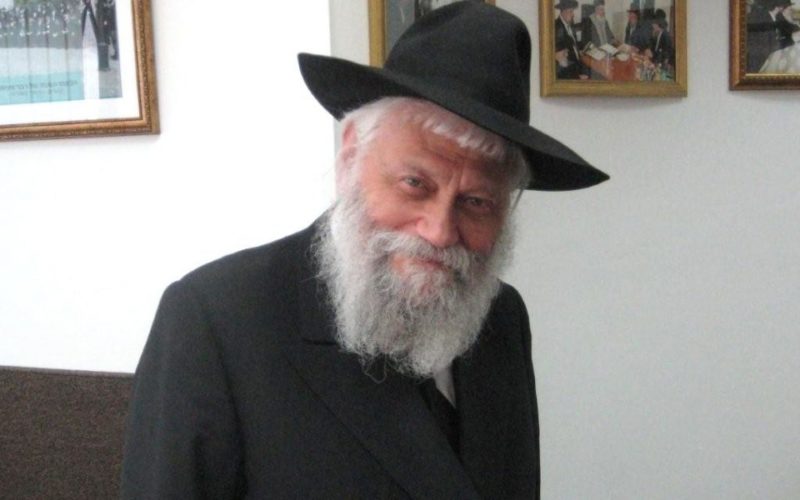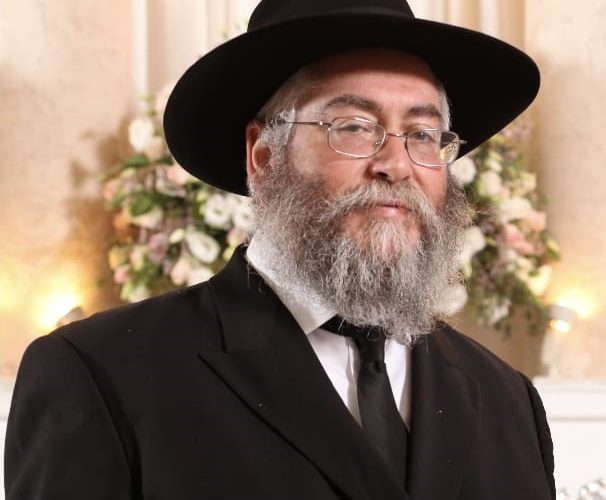Portugal ‘ Secret Revealed After 500 Years

Belmont is a small, remote town north-east of Lisbon, but despite its remoteness, and contrary to most towns in the area, Belmont is growing and enjoying a revival, thanks to the interest of Jewish tourists who visit the place – reports R. Meln of the magazine Forward.
During the last decade, Belmont has been able to establish its own modern hotel, museum and other tourist services – as a result of the discovery of Jewish life which has existed in this area since the Expulsion from Spain. Even in their new home, the Jews were forced to hide as Marranos and practice their Jewish religion in secret, appearing externally as good Christians.
300 Jews who escaped from the Spanish Inquisition settled in Belmont, and deliberately hid their Judaism until less than twenty years ago.
Jewish tourism is not limited to visits and observation of the past. The commercial scene here is enhanced by shops providing practical articles of Judaica, such as special cappels, picturesque maps sold in the museum shop, and so forth. “Here we have Jewish tourists, as well as tourists who come to see the Jews”, explains one of the salesmen.
Among other things, the Shul has recently been reopened and is used regularly for prayers, mostly by the Jewish tourists who visit the place.
Since the opening of the museum in 5765 (2005), 14,000 visitors have been registered. The majority of the tourists come from the USA or Israel, mostly of Portuguese origin, but also some from Mozambique, Montenegro and even from Japan.
The first record of Jewish life in Belmont is in 1297, i.e. over 700 years ago. In 1492 the king ordered the Jews to convert, but many managed to escape, while others preferred to appear to comply, while continuing to practice their Jewish religion in strict secrecy.
A local historian, David Kento, states that the Inquisition ended officially in 1821. Nevertheless, for the last 200 years many of Marranos’ descendants continue to guard their Judaism in strict secrecy. The secrecy of their Judaism continued as a matter of tradition, this was their method of survival – claims another researcher. Only in the last decade has the situation begun to alter, as a result of the administrative reforms following the change to a democratic government. Now they can strengthen their ties with other Jewish communities. They also invited Orthodox Rabbis who had already visited the place, who try to strengthen the contact with the Marranos’ descendants, some of whom are still set in their old habits, and find it difficult to abandon their secrecy and adapt to an open Jewish life.


